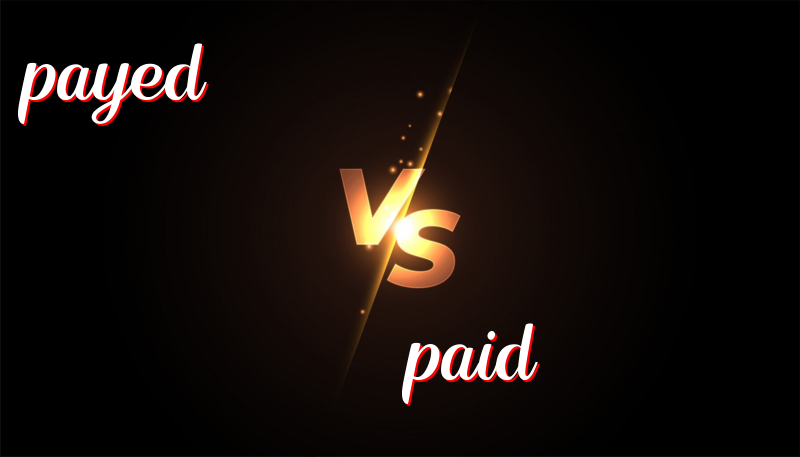Differentiating Between Payed and Paid: Usage, History, and Examples
Understanding “Payed” vs. “Paid”
History of the Words
The words “payed” and “paid” come from the word “pay,” which means to give money for goods or services. Over time, different ways to spell and use these words have developed. Today, “paid” is commonly used in everyday language, while “payed” is more specific and rare.
How to Use “Paid”
“Paid” is the past form of “pay” and is used when talking about giving money for something. It is the word you will use most often.
- She paid for the book.
- Tom has already paid the bill.
- We paid the teacher for the lessons.
- Did you pay last month’s rent?
- You paid too much for that shirt.
How to Use “Payed”
“Payed” is mostly used in a special way when talking about boats and ships. It means to let out rope or let something move slowly.
- The sailor payed out the anchor line.
- She payed the rope to secure the boat.
- He payed attention to how the rope uncoiled.
- They payed out the fishing net.
- The captain payed the ship’s tow line.
Trick to Remember the Difference
To remember the difference, think of “paid” as giving money. It uses the letter “i,” like in “money.” “Payed” is used with ropes and ships. If you see ropes or ships, think of “payed.”
Summary
Use “paid” when talking about money and everyday payments. Use “payed” in special cases dealing with ropes or boats. Remember, “paid” for money, “payed” for maritime language.

Leave a Reply
You must be logged in to post a comment.